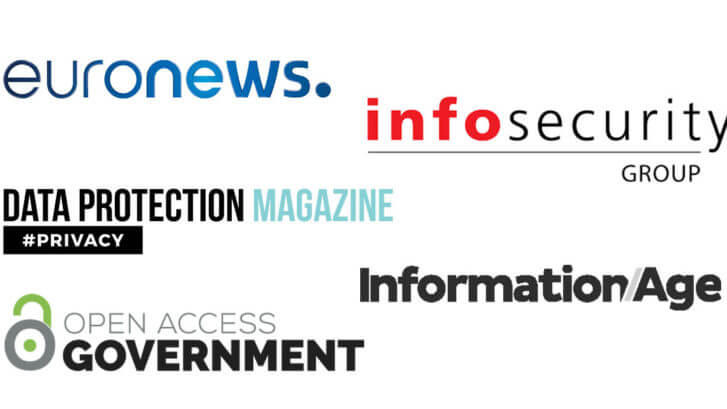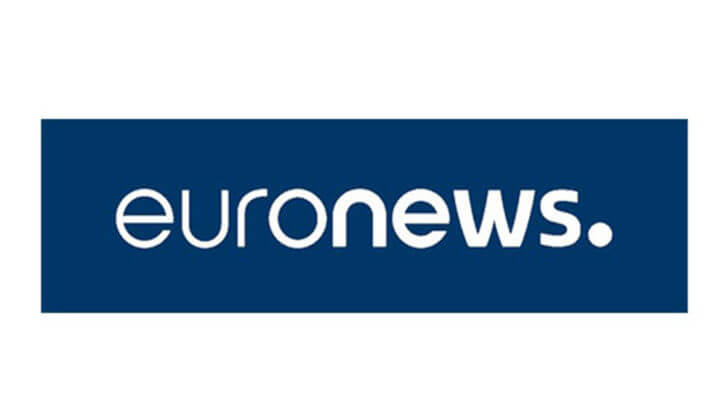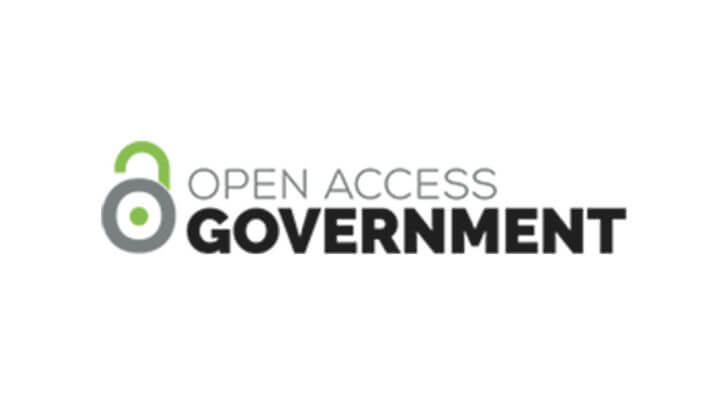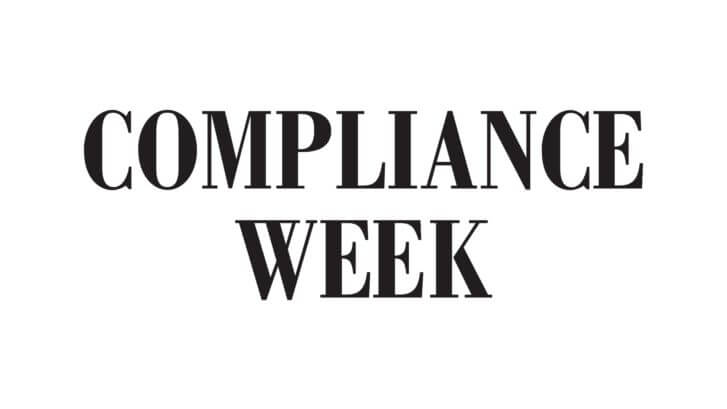
Julian Hayes


Data protection – another COVID-19 casualty?

ICO’s modified approach to data regulation during COVID-19 – Julian Hayes and Greta Barkle talk to Euronews

Tackling COVID-19 online disinformation – Julian Hayes and Greta Barkle write for Open Access Government

Data regulation: An ‘empathetic’ approach from the ICO, but risks remain

Regulations during Coronavirus -Julian Hayes speaks to Compliance Week
BCL partner Julian Hayes is quoted in Compliance Week’s article titled ‘Don’t count on European regulators to relax rules during coronavirus crisis”.

Infodemic: Tackling COVID-19 online disinformation
Long before the COVID-19 pandemic, the internet was fertile territory for the spread of dangerous disinformation. Hostile states and malicious or misguided individuals quickly adopted the online sphere as a means of disseminating misleading and harmful material to a global audience for personal, financial or political aims. Steps were already taking place around the world to tackle the scourge of disinformation, often igniting concerns about freedom of speech. The global spread of the coronavirus has laid bare the lethal backdrop to this debate and galvanised social media giants and governments alike to tackle what the World Health Organisation (‘WHO’) has described a massive ‘infodemic’ accompanying the disease – an over-abundance of information, some accurate and some dangerously false, often leaving the public bewildered and vulnerable.

Julian Hayes & Michael Drury write for Lexology’s Cybersecurity Guide 2020

Online Harms regulation – getting closer?

